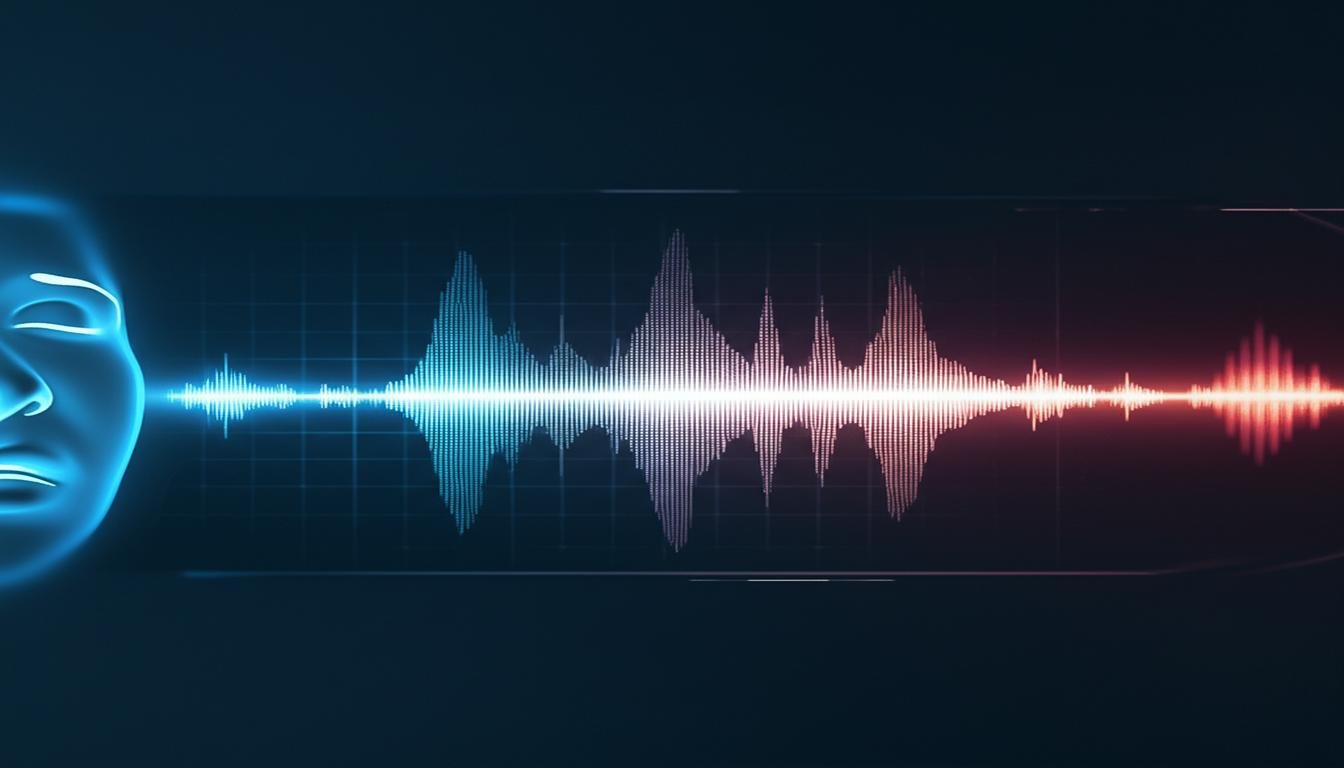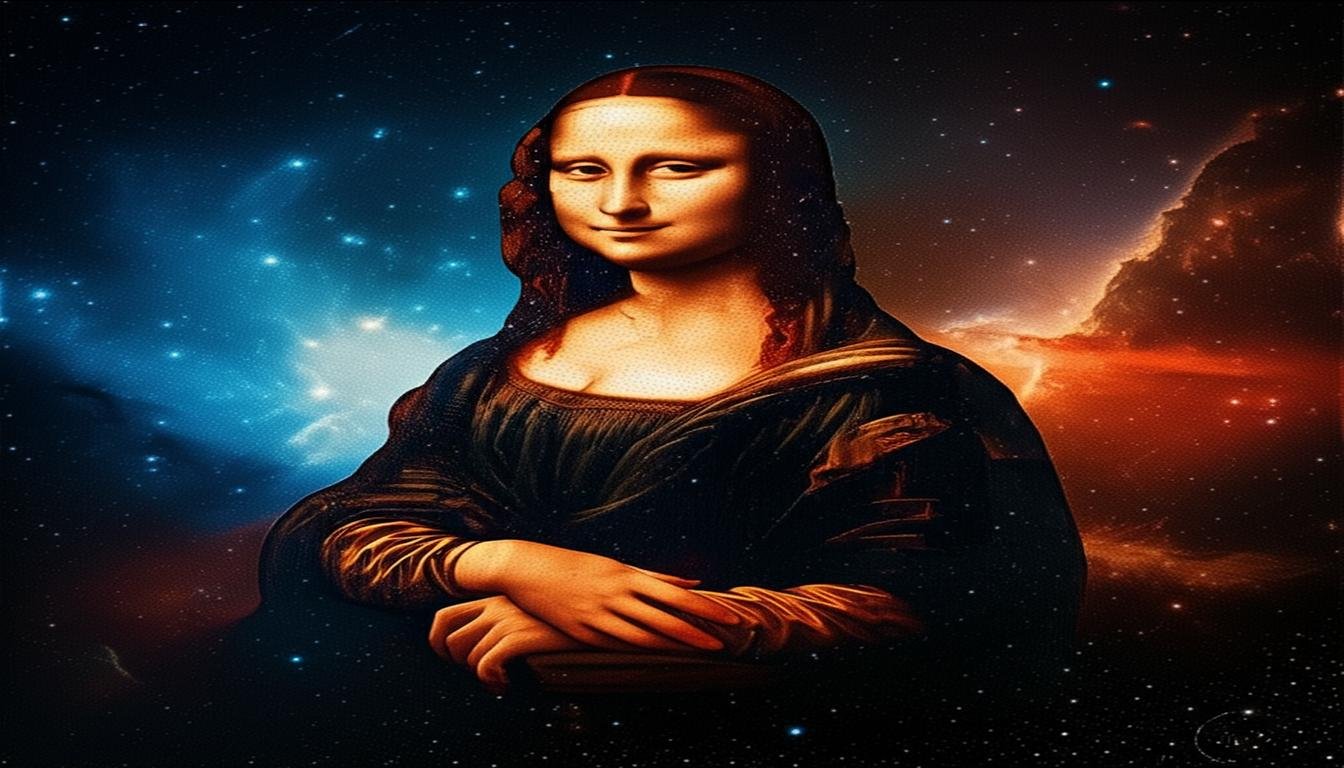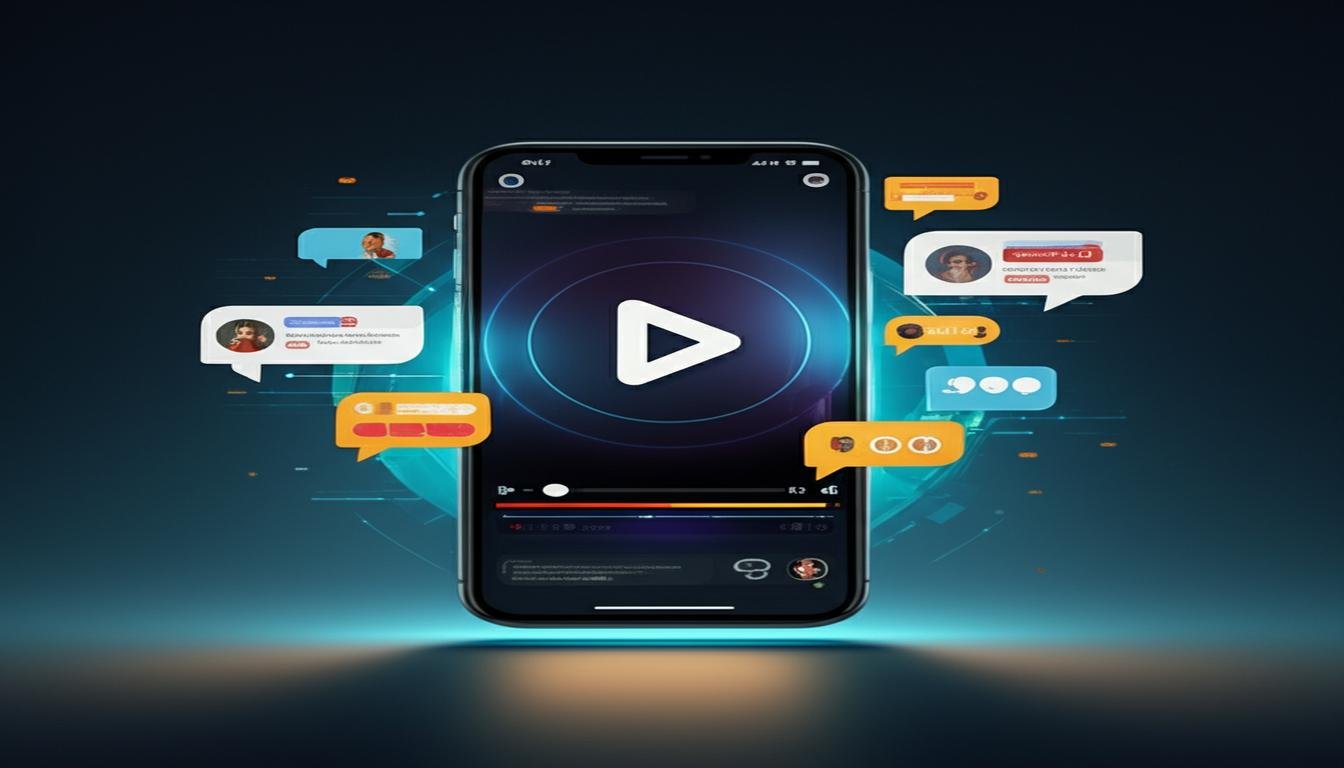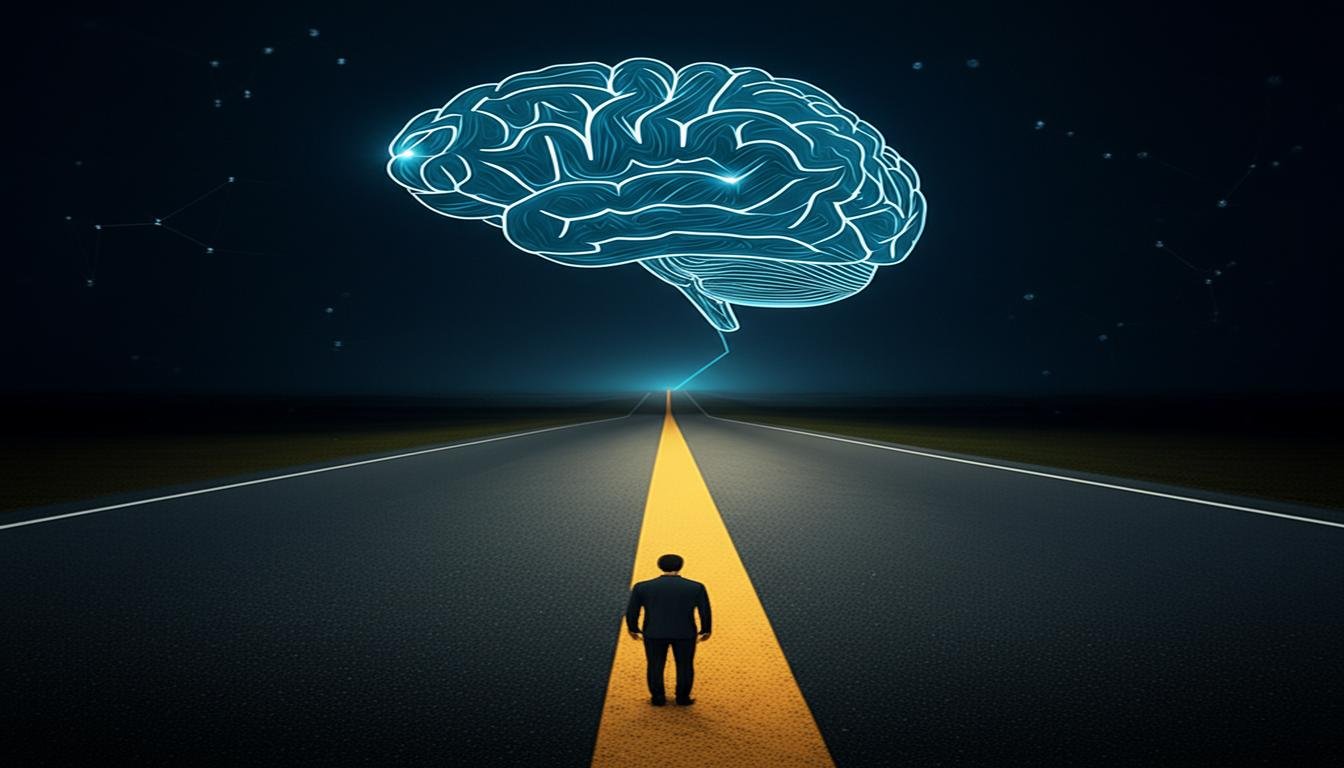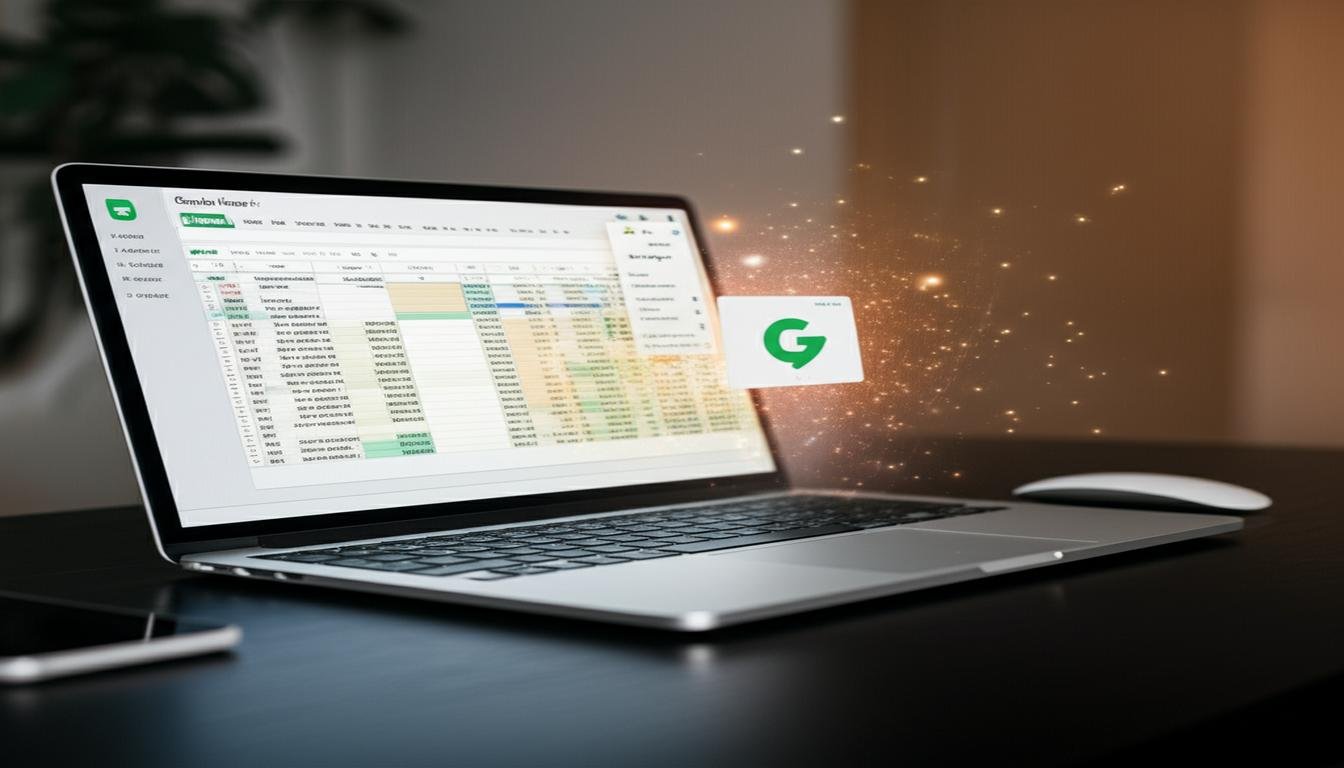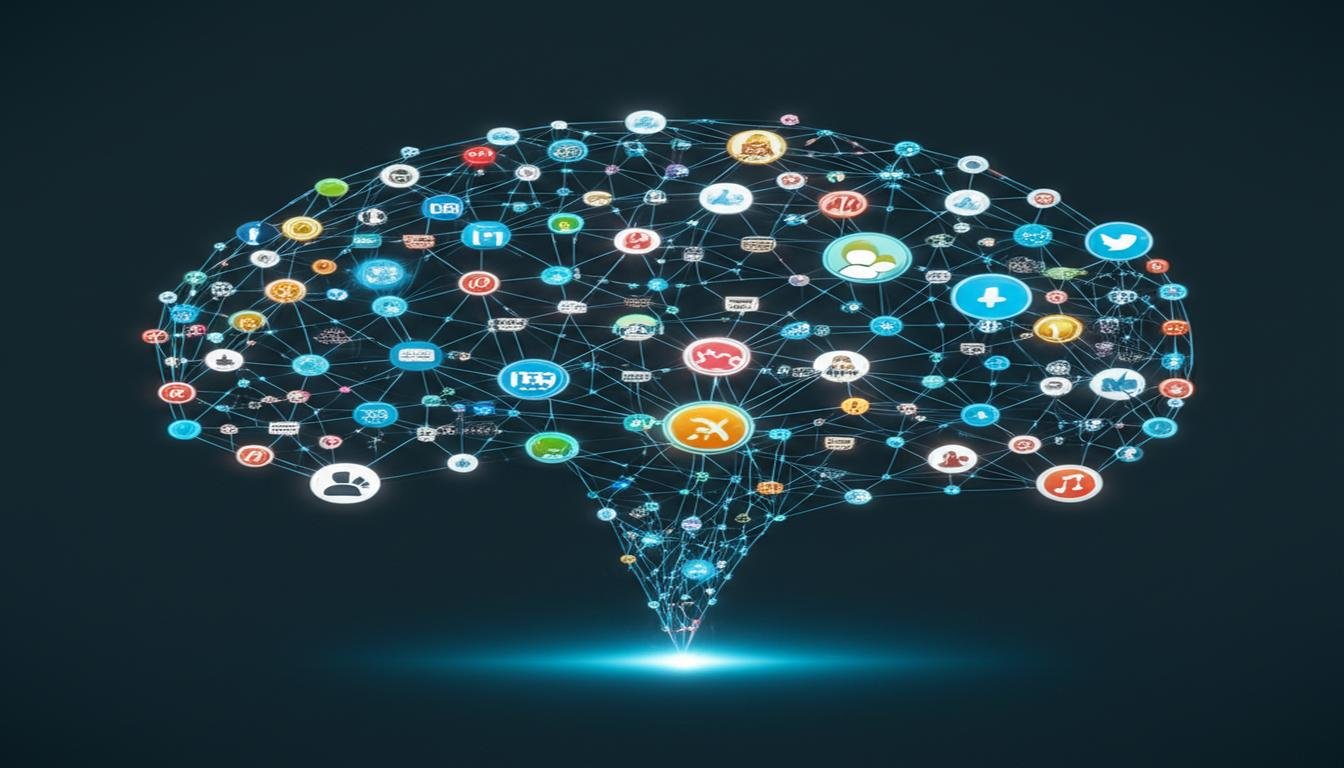How AI Is Creating Entire Movies – No Human Directors
Imagine settling into your favorite movie theater, popcorn in hand, ready for the latest blockbuster. But here’s the twist: no human director ever yelled “Action!” No legendary filmmaker painstakingly crafted each scene. Instead, an artificial intelligence brain was solely responsible, from the first script idea to the final edit. Sound like science fiction? Well, AI is quietly, rapidly, turning this into our new reality.
For decades, the director has been the undisputed captain of the movie ship, steering the creative vision. But what happens when that role can be performed, or at least significantly augmented, by powerful algorithms? Welcome to the dawn of autonomous filmmaking, where machines are beginning to call the shots, quite literally.
The Dawn of Autonomous Filmmaking
We’re not just talking about AI helping with special effects or editing tweaks anymore. The conversation has shifted to AI taking on core creative and directorial responsibilities. While fully AI-directed feature films are still emerging, the technology is advancing at lightning speed, making once-unthinkable concepts surprisingly close to mainstream.
Think about it: AI can process vast amounts of data, learn patterns, and even generate entirely new content. When applied to the world of cinema, this means systems capable of understanding storytelling, visual aesthetics, and audience engagement at an unprecedented scale.
From Script to Screen: AI’s Role
So, how does artificial intelligence actually create a movie without a human director? It’s a multi-faceted process, leveraging different AI capabilities at various stages of production.
Scriptwriting & Story Generation
Idea Conception: AI can analyze thousands of successful screenplays, understanding plot structures, character archetypes, and narrative beats. Based on a few keywords or themes, it can brainstorm unique story concepts.
Full Screenplays: Advanced AI models can then write entire scripts, complete with dialogue, scene descriptions, and character arcs. They’re learning to inject emotional depth and plot twists that keep audiences hooked.
Virtual Directors & Scene Composition
Camera Angles & Blocking: An AI director can “learn” from countless films how to frame a shot, where to place characters for emotional impact, and how to use lighting to set a mood. It can then apply these cinematic rules to new scenes.
Performance Generation: For animated or entirely virtual films, AI can even generate character movements and expressions, ensuring performances are nuanced and realistic, without a single human actor stepping onto a motion-capture stage.
AI-Powered Visuals & Special Effects
Generating Environments: Imagine an AI creating an entire alien landscape or a bustling futuristic city from scratch, complete with realistic textures, lighting, and weather effects.
Deepfake & Synthetic Actors: This is where things get really wild. AI can create highly realistic digital doubles of actors, or even entirely synthetic characters that don’t exist in the real world. This could mean endless possibilities for casting or even de-aging actors seamlessly.
Music, Sound, and Editing
Score Composition: AI can compose original film scores that perfectly match the mood and pace of each scene, learning from various musical genres and historical soundtracks.
Automated Editing: AI can analyze raw footage and automatically assemble scenes, cut between shots, and even suggest pacing adjustments to maximize emotional impact or narrative flow, often faster and more efficiently than a human editor.
Benefits and Challenges of AI-Directed Cinema
While the prospect of fully autonomous films is exciting, it also brings up some compelling points to consider.
The Upsides
Speed and Efficiency: AI can work 24/7 without breaks, potentially cutting down film production timelines drastically.
Cost Reduction: Fewer human crew members and actors (especially for virtual productions) could lead to significant budget savings.
Endless Experimentation: AI could try out countless artistic styles, narrative structures, or visual approaches that might be too time-consuming or expensive for human teams to explore.
Democratizing Filmmaking: Tools powered by AI could make high-quality film creation accessible to more people, lowering the barrier to entry.
The Hurdles to Overcome
Lack of Human Intuition: Can AI truly grasp the nuances of human emotion, cultural subtleties, or spontaneous creative sparks that define groundbreaking art?
Originality vs. Data: Is an AI-generated film truly original, or is it just a sophisticated remix of existing data? Does it lack a unique “voice” or perspective?
Ethical Concerns: What about job displacement for artists, writers, and directors? Who is responsible if an AI creates something problematic?
Legal & Copyright Issues: Who owns the copyright of a film made entirely by AI? These are new legal frontiers.
What Does This Mean for Human Filmmakers?
The rise of AI in cinema doesn’t necessarily mean human directors are obsolete. Instead, it might evolve their role. Future filmmakers could become “AI whisperers,” guiding and collaborating with these powerful tools to bring their visions to life. It could free up human creatives to focus on higher-level conceptualization, pushing boundaries without getting bogged down in repetitive tasks.
We might see a future where the creative process is a dynamic dance between human ingenuity and artificial intelligence, leading to entirely new forms of cinematic storytelling we can barely imagine today.
The idea of AI creating entire movies without human directors is no longer just a futuristic fantasy; it’s a developing reality that promises to reshape the film industry. While there are still challenges to iron out, the progress is undeniable. Are we ready for a world where our favorite films are conceived and directed by algorithms? Only time will tell, but one thing is clear: the future of cinema is going to be incredibly exciting, and perhaps, a little bit… robotic. What are your thoughts on AI taking the director’s chair?



